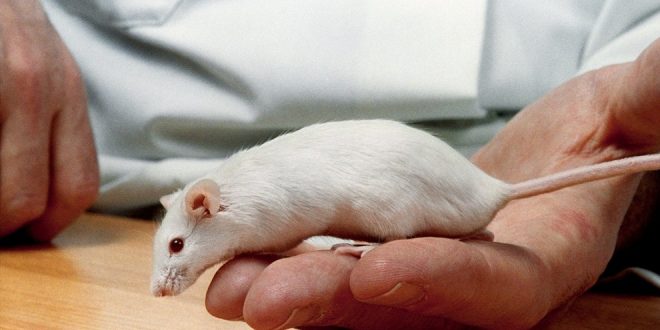Research on mice taken to the International Space Station (ISS) has found a protein that could help combat ageing and help in the development of drugs to treat age-related diseases such as Alzheimer’s and diabetes.
A joint study by the Japan Aerospace Exploration Agency (Jaxa) and Tohoku University showed that while the mice were in space they experienced biological changes that are similar to ageing but fast-forwarded, reported the Japan Times.
According to Jaxa, the protein that slowed down part of the transformation is Nrf2, in a finding that could benefit astronauts during future manned space missions as it will help in the development of treatments for mitigating space travel-related health risks.
Due to a number of factors that include additional exposure to radiation, spaceflight triggers physical deterioration similar to the ageing process such as loss of bone density. For the study, half of the mice were genetically engineered to not have Nrf2 while the other half were unmodified.
The study showed that of the two groups, the ones without the Nrf2 protein witnessed faster changes similar to those induced by ageing, while the other six showed less of a transformation.
According to the researchers, the mice were gaining weight before the launch but once in space, the ones without Nrf2 stopped putting on weight – despite both groups consuming the same amount of food and water.
Medical biochemistry professor at Tohoku University Masayuki Yamamoto, one of the study’s authors, noted that the results highlight the significance of the role Nrf2 plays in cushioning the impact of space-derived stress.
The researchers feel Nrf2 could be a crucial agent in decelerating ageing on earth, given the similarities between the impacts of old age and the blood transformation noted in the mice that were genetically modified.
Mr Yamamoto and the team of Japanese researchers published a study on their research into the impacts of space travel on mice in the journal Nature in September 2020.
The Independent
 Lebanese Ministry of Information
Lebanese Ministry of Information



